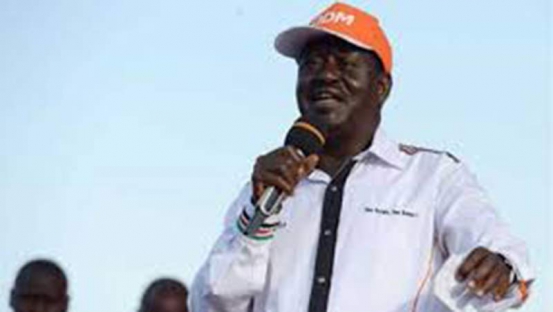×
The Standard e-Paper
Kenya’s Boldest Voice

This election cycle has seen reporters spend more or less equal time at campaign rallies and at the courts. Never has an election played out in the court corridors than this year’s election.
The court battles surrounding the 2017 election started long before Kenyans went to the polls.